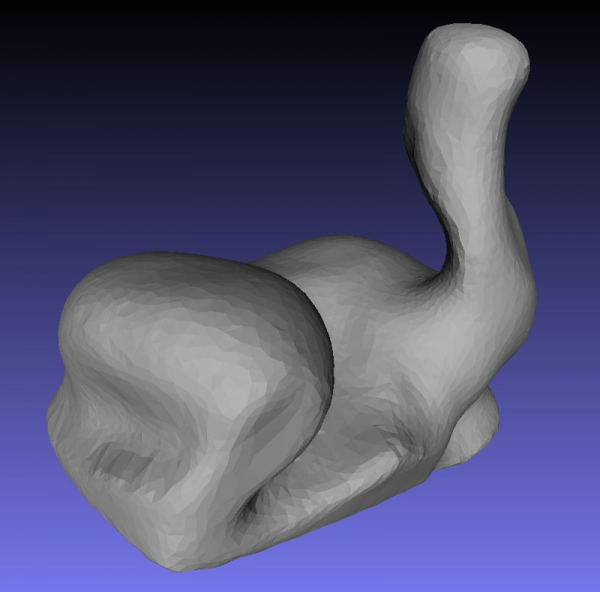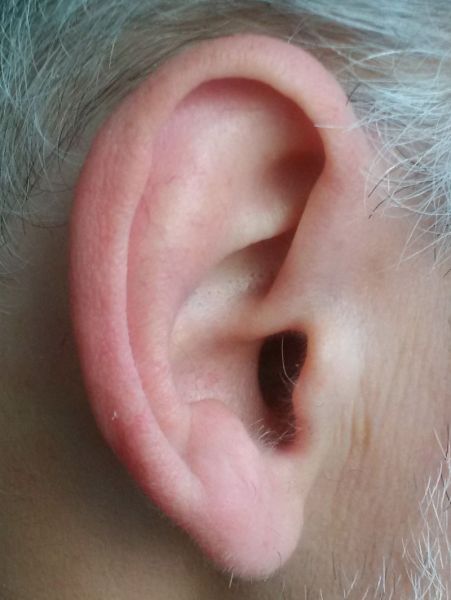3D-EarScan – Vision based 3D scanning and reconstruction of the human ear canal
Short Description
Hearing aids and sophisticated ear protectors are always adapted to fit the ear for which they are intended. This requires the hearing aid audiologist to first take a mechanical impression of the ear canal using a modelling mass which is injected into the external auditory canal.
A new non-contact, optical measuring system is set to revolutionise this unpleasant and laborious procedure by providing a complete 3D model of the ear canal and outer ear.
The Digital Safety & Security Department at the AIT Austrian Institute of Technology has been researching innovative optical 3D measurement systems for many years. Precisely measuring objects in 3D is a prerequisite for many technical applications, for example in the industrial sector.
The optical sensors and algorithms developed by AIT allow objects of all sizes to be measured with great precision, down to the micrometre level. The real-time measurement systems enable complex manufacturing techniques to be automated, and assist in realising customised and more flexible production concepts.
As part of the 3D-EarScan project, run in cooperation with the hearing aid acoustics company Neuroth, the experts at AIT are researching into computer vision based strategies and methods for quick, precise and contactless 3D measurement and 3D surface reconstruction of very small openings and canals.
The results of this research are needed to develop a new, reliable and real-time 3D measuring system, particularly for taking 3D measurements of human ear canals. In the course of the project the designs and methods will be demonstrated and evaluated within a laboratory set up.
For application within the ear canal the measuring system needs to be strongly miniaturised and adapted to suit the special conditions in the ear. The manually operated system may not be larger than 3mm in diameter, enabling it to be inserted almost as far as the eardrum. The measuring system must record the whole length of the ear canal.
The measurement involves slowly inserting the system into the ear where it scans the entire surface of the ear canal. The 3D data is used to create a complete 3D model of the ear in real-time.
Project Partners
Lead
AIT Austrian Institute of Technology GmbH
Associated partners
- Neuroth Medical Division GmbH
- Schindler Endoskopie Technologie GmbH
Contact Address
Christoph Nowak
E-mail: Christoph.nowak@ait.ac.at


